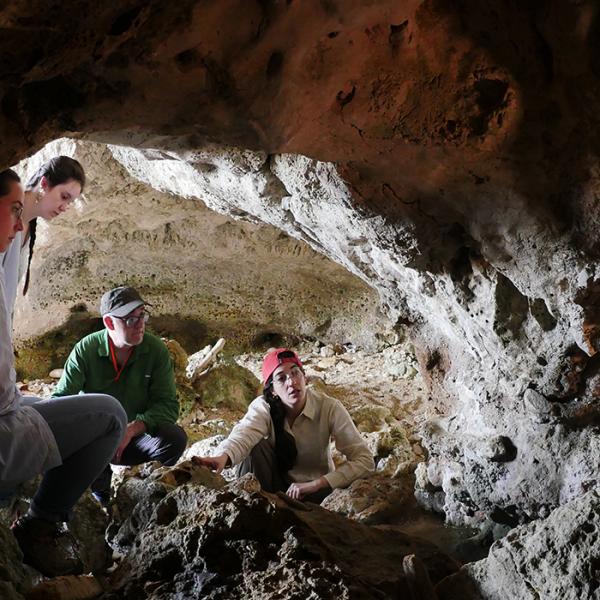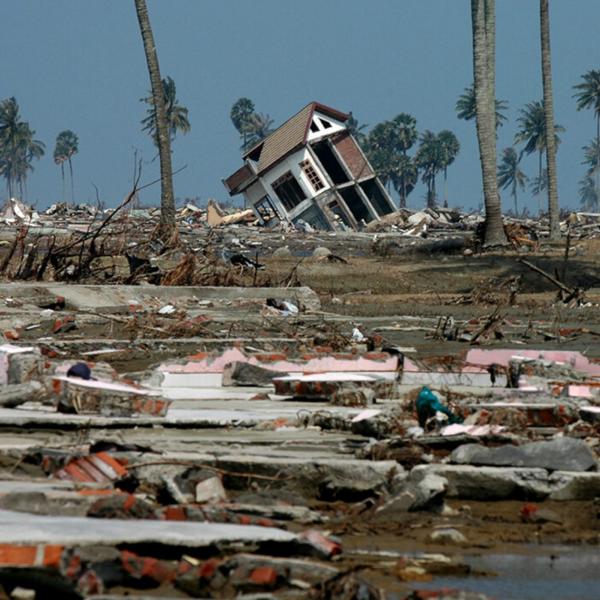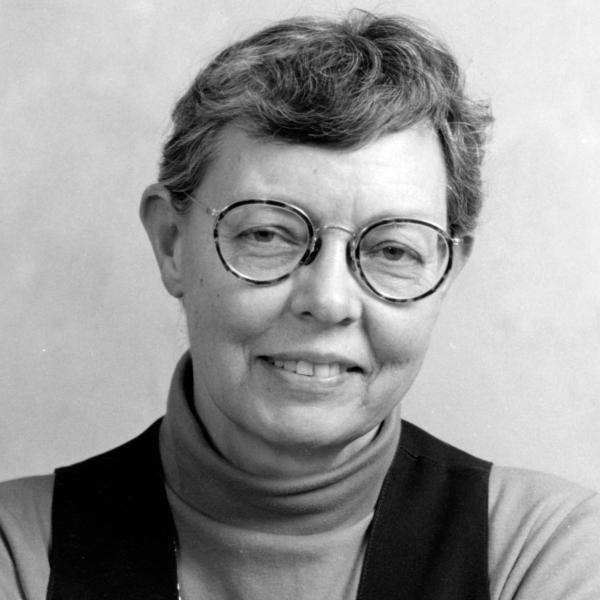Robert Spengler graduated from Washington University in St. Louis with his Ph.D. in 2013. He studies the adoption of agriculture by people in ecotonal regions of Central Asia, a topic which challenges the long-held view of Central Asia as a pastoralist realm, showing that mobile populations in the Iron and Bronze Ages also engaged in agricultural activities and diversified their economy as an adaptive strategy. Spengler was able to continue his research when he was awarded the Volkswagen and Mellon Foundations Fellowship at the German Institute of Archaeology.
More recently, Spengler was offered two outstanding opportunities that were both anticipated to begin this coming year. Robert was offered a one-year Visiting Research Fellowship at Institute for the Study of the Ancient World (ISAW) in NYC as well as a position as a laboratory director of the Central Asian Paleoethnobotany Laboratory in Jena, Germany, at the Max Planck Institute for the Study of Human Evolution. Luckily, after some discussion with the Max Planck Institute, Spengler was able to defer his work there to complete his ISAW fellowship. While neither opportunity is a career, both positions are wonderful steps to help him reach his goals.
For more information on Dr. Robert Spengler, please visit his website.



